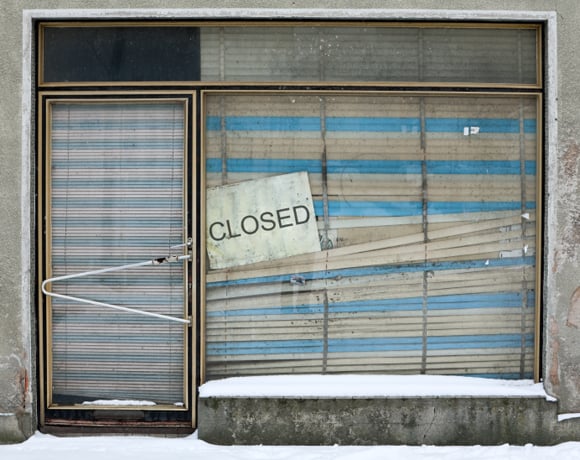Four hundred registered reps are scrambling for a new home after learning that their broker-dealer, QA3 Financial Corp., will close at the end of this week.
Informed of the firm's plan to shut down late Friday, brokers — along with rep-hungry recruiters — worked over the weekend in search of a broker-dealer that is a good fit. (To read that story, click on
B-D down: QA3 to close up shop next week.)
“It's like a smash and grab for these guys,” said Shawn Smith, principal of Financial Advisor Placement Services, a recruiting firm. “It's a shame it happened. There's a lot of good advisers at QA3.”
He said some reps had seen the firm's closing coming and had made contingency plans for finding a new broker-dealer. He added that some reps had formed large “marketing” groups, meaning a group of dozens of reps working under a common banner. Such groups have better leverage in negotiating terms with a broker-dealer and can command a higher payout, he said.
Another recruiter pointed to the fact that the reps should quickly find new firms because they all work with Pershing LLC, the industry's biggest clearing firm. The use of Pershing “gives the advisers a lot of options and will help them transition without much downtime or service interruption,” said Brad Fay, president of IBD Placement and Recruiting Services.
QA3 has been unraveling for some time.
In an e-mail that landed in brokers' inboxes more than an hour after the market close Friday, Steve Wild, QA3's owner and CEO, wrote: “In light of the arbitration award rendered against QA3 on Jan. 14, and the fact that our errors and omissions carrier has not yet provided coverage set forth in our policy, we have made the difficult decision to cease conducting business as a broker-dealer effective as the close of business on Feb. 11.”
According to a number of industry sources, QA3 had been in discussions with other independent broker-dealers about a potential sale of the firm's assets, but ultimately, a deal failed to materialize.
Mr. Wild did not return phone calls Monday seeking comment.
QA3, which at its peak did $50 million per year in gross revenue, will be one of the highest-profile independent broker-dealers to exit the business in the past year.
According to
InvestmentNews, about two dozen firms last year decided to shut down or were forced to shut down, facing rising legal costs and a tough regulatory environment.
Mr. Wild has been one of the most successful entrepreneurs in the independent-contractor-broker-dealer industry. In 1998, he sold Securities America Inc. to American Express Co. in a time when insurance companies were paying premiums for independent broker-dealers. It is not known how much American Express paid Mr. Wild for Securities America.
QA3 has been one of the leading sellers of Regulation D private placements in the last decade. Two of those deals, Medical Capital Holdings Inc. and Provident Royalties LLC, face fraud charges from the Securities and Exchange Commission.
The firm tried to raise money in 2009, offering Regulation D private-placement notes. According to filings with the SEC, the firm was looking to sell $3 million in debt to complete acquisitions. The commission also indicated that the brokerage had raised no money for the deal as of July 2009.
In September, the firm claimed it faced bankruptcy because of a dispute with its insurance carrier over the amount of coverage the B-D has for legal claims stemming from its sale of private placements.
The company claimed that it has coverage for $7.5 million in legal claims, damages and expenses. Its carrier, Catlin Specialty Insurance Co., said that the coverage is capped at $1 million.
Then, in January, QA3 lost a $1.6 million arbitration award to an elderly couple who invested in real estate deals that went bust. It appears that that decision was the arbitration award to which Mr. Wild was referring in his e-mail to brokers late Friday.
Regulators with the Financial Industry Regulatory Authority Inc. have been watching the firm's levels of net capital quite closely as of late, as losses of securities arbitration claims have to be recorded in a firm's net capital calculations. According to its 2009 audited financial report, QA3 had $118,000 of excess net capital at the end of that year.
The firm faces other lawsuits and arbitrations due to different failed private placements.







